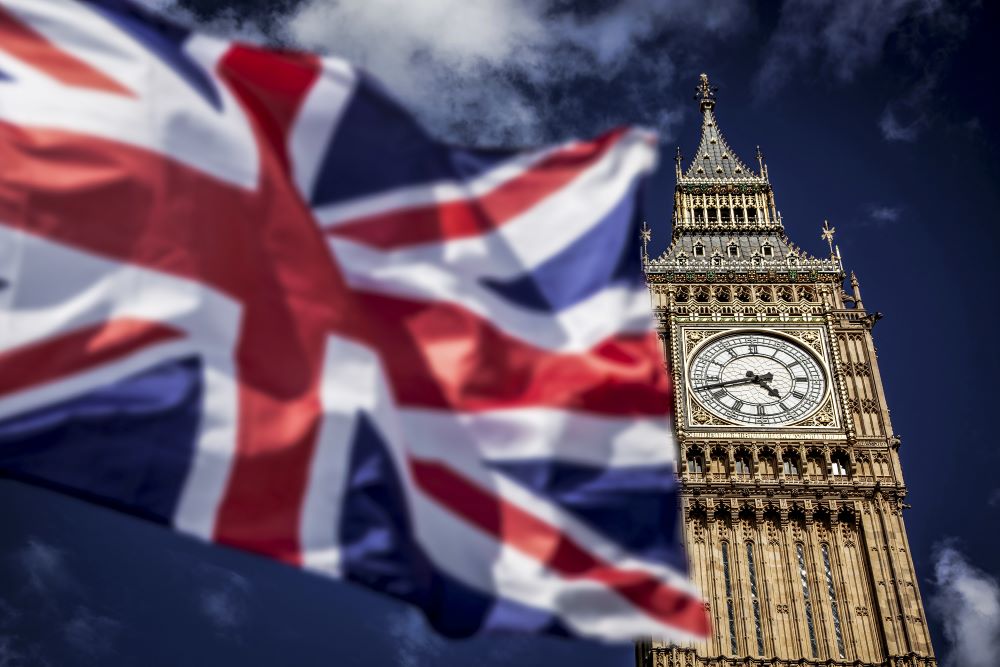
As Parliament returns from recess on Monday (17 April), there are several important developments coming up in trade policy legislation for the spring/summer term.
Grace Thompson, the Institute of Export & International Trade’s public affairs lead, highlights five things to watch out for in this parliamentary session.
Retained EU Law (Reform and Revocation) Bill
The Retained EU Law (Reform and Revocation) Bill was due to have its third reading in the Lords on 27th April but this has been paused. This bill seeks to revoke or reform certain retained EU laws.
It’s been widely reported in the media that ministers are halting the progress of the bill in response to concerns over a rebellion in the House of Lords in the run-up to the local elections, which take place on 4th May. Conservative peers were said to be considering working with crossbench independents, as well as Liberal Democrat and Labour counterparts, on opposition to the bill, although the government is expected to make concessions.
While there are reports that the bill could be parked until after the next election, there is still the possibility that prime minister Rishi Sunak brings forward this bill during the next parliamentary session.
Electronic Trade Documents Bill
The Electronic Trade Documents Bill is currently awaiting its second reading committee. The bill seeks to enable blockchain technology to be used as a way to store trade information electronically. It would place electronic trading documents on the same legal footing as their paper counterparts, thus enabling businesses to move from paper-based to digital-based transactions.
Second readings of non-controversial bills can be debated in a committee in the Commons, although this is rare. If a bill passes through such a committee, its Second Reading and committal motions must still be agreed by the House in the Chamber but may be decided there without debate.
Procurement Bill
The Procurement Bill is nearing the end of its parliamentary journey and is awaiting its House of Commons report stage. The bill seeks to regulate public authority purchases of supplies, services and public works from the private sector.
The government’s aim with this bill is to create more opportunities for innovation and support new businesses that wish to enter the market and deliver public contracts by making procurement simpler and quicker.
Trade (Australia and New Zealand) Bill
The Trade (Australia and New Zealand) Bill received parliamentary Royal Assent on 23rd March. This bill enables the ratification and implementation of the UK’s free trade agreements with Australia and New Zealand.
This paves the way for the countries to bring the agreement into force as soon as possible. However, there are a few steps left for the deals to come into force. This is likely to happen in the next few months.
Comprehensive and Progressive Agreement for Trans-Pacific Partnership (CPTPP)
Although the Department for Business and Trade announced that the UK will be joining the CPTPP, there are still internal steps before formal entry into the trade bloc. Under the Constitutional Reform and Governance Act 2010, the government must lay the agreement before parliament. Whilst there is no guaranteed debate or vote on CPTPP, the government has said that it will seek to ensure a debate if requested by a select committee.



